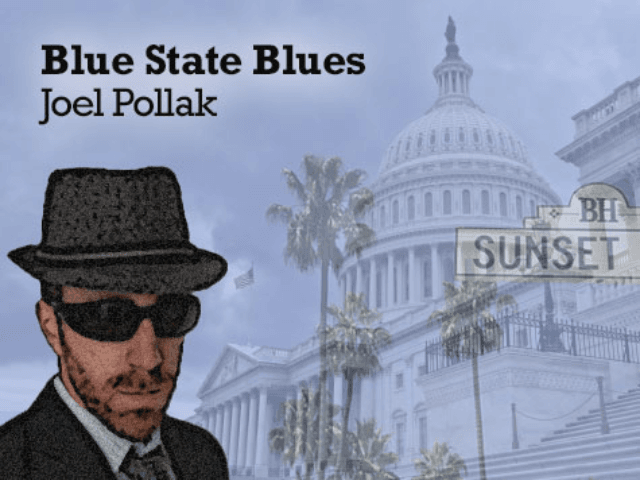There are two stories about Republican politics in the Obama era.
One story is the party’s continued frustration at the national level, not just in losing presidential elections but in failing to stop the Democrats’ agenda even after re-taking Congress.
The other story is the party’s astonishing success in state government, increasing the number of Republican governors from 21 to 31, and producing a “deep bench” of experienced candidates for national office.
Several experienced, qualified and conservative Republican governors entered the presidential race last year. And yet we are just days away from the final culling of the herd.
Polls show that Ohio Gov. John Kasich (fourth in the RealClearPolitics average), former Florida Gov. Jeb Bush (fifth), and New Jersey Gov. Chris Christie (sixth) still trail the three frontrunners emerging from Iowa–Donald Trump, Sen. Ted Cruz (TX) and Sen. Marco Rubio (FL).
Unless one of those governors can leapfrog into third place, none will survive.
Republican voters will be left with three candidates who have, between them, exactly zero experience in public executive office.
Yes, Trump has run a massive business empire, Cruz has held statewide office as Texas solicitor-general, and Rubio held the speaker’s gavel in Florida. None of these compares to the complex responsibilities of a governor or even a big-city mayor.
So–what happened?
The most conservative governors, with the best records, faded early, thanks to gaffes that left lasting, if false, impressions of incompetence.
No one had done more for public sector reform than Wisconsin Gov. Scott Walker. Yet he tried to “punt” on evolution. No one had created more jobs than Texas Gov. Rick Perry. Yet he could not overcome his “oops” moment of 2012. No one had done more to fight corruption and improve schools than Louisiana Gov. Bobby Jindal. Yet he could not live down his awkward State of the Union response in 2009.
The governors that remained were either moderate or marginal.
Kasich tried to follow in Walker’s footsteps, then swung left after losing a statewide referendum on public sector reform. Christie was an early Tea Party hero, but seemed soft on radical Islam, praised Obama in the days before the 2012 election, and reversed his position on expanding New Jersey’s Medicaid program under Obamacare. Bush, who had governed Florida as a conservative, ran left on immigration and education, and could never overcome public doubts about a third Bush in power.
But there is another reason the governors failed.
While local elections are about fixing potholes, and state elections are about keeping taxes low, national elections are about identity and emotion. People vote for a president to feel good about themselves–or, more often, to express anger at what the opposing candidate represents in their minds.
Few governors are well-suited to that role. The one exception in the Republican field, perhaps, is Chris Christie, who once channeled the Tea Party movement’s frustration with public sector unions and cronyism into a series of thrilling YouTube confrontations.
But the reality of Christie’s job is that he faces a Democratic legislature, i.e. the need to compromise. And if party base is ambivalent, at best, about government, it is repelled by compromise.
Rubio is the kind of candidate Republicans dream about, but has few achievements. Cruz is a brilliant opposition leader, but has also alienated potential allies. Trump is a “master manipulator” of media, but makes voters nervous.
Look out: Hillary Clinton has more gravitas, and Sen. Bernie Sanders (I-VT) has more experience, than all of them.

COMMENTS
Please let us know if you're having issues with commenting.